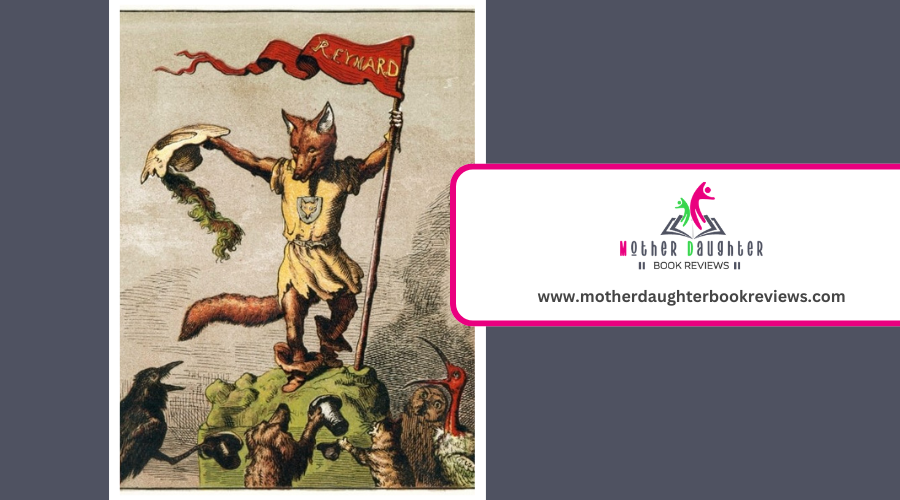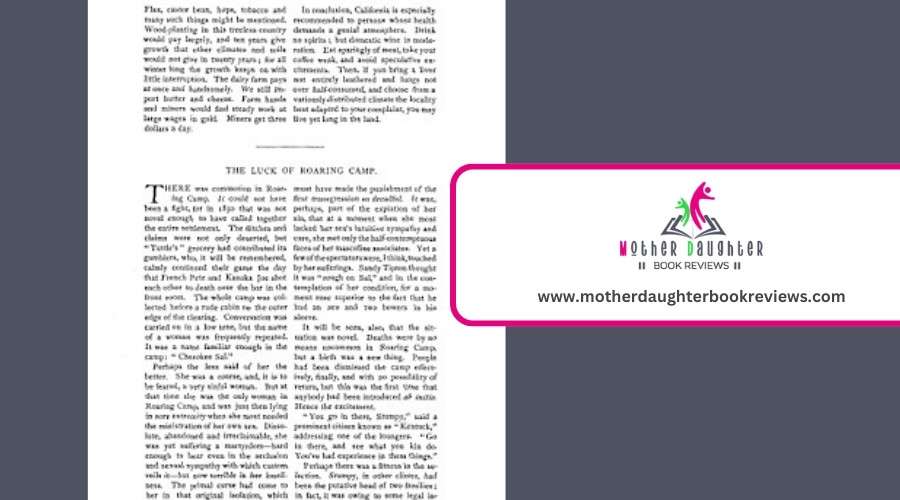Exploring Reynard the Fox as a Trickster Hero

In Reynard the Fox, you'll see how the sly Reynard uses cleverness and trickery to outsmart his adversaries and escape tight spots. He spins convincing stories, manipulates powerful figures like King Noble the Lion, and uses disguises to deceive others. His ability to read his opponents and exploit their weaknesses showcases his sharp mind. While his actions blur moral lines, they teach valuable lessons in resourcefulness and ingenuity.
Reynard's Deceptive Prowess
Throughout the fable, Reynard's deceptive prowess takes center stage, showcasing his cunning and wit. You see him constantly outsmarting other animals, using his slyness to get out of tricky situations. For instance, Reynard cleverly manipulates those around him, turning potential threats into opportunities. He skillfully weaves lies and half-truths, making others believe in his fabricated stories. His talent for deception is unmatched, allowing him to navigate through conflicts and emerge unscathed.
Reynard's ability to read his opponents and anticipate their moves makes his deception even more effective. You can't help but marvel at how he twists words and situations to his advantage. He doesn't just lie for the sake of it; each act of deceit is carefully calculated to achieve his goals. His persuasive speech and quick thinking turn even the most astute animals into unwitting pawns in his grand schemes.
Outwitting Noble Adversaries
In his encounters with noble adversaries, Reynard's cunning truly shines. You see him facing off against those in power, such as King Noble the Lion. Reynard's ability to outwit these figures isn't just about survival; it's about turning the tables in his favor. When accused of heinous crimes, Reynard cleverly spins tales that shift blame and sow doubt, casting even his most formidable foes into confusion.
You'll notice how Reynard uses his sharp wit to exploit the weaknesses of his noble adversaries. For instance, when he's cornered, he doesn't panic. Instead, he crafts elaborate stories that play on the vanity and greed of his opponents. He convinces them that he knows the location of hidden valuables or has secrets that could benefit them. This way, they become more interested in what they might gain than in punishing him.
Reynard's interactions with these noble figures highlight his strategic thinking. He always seems one step ahead, anticipating their moves and countering with precision. By doing so, he not only avoids danger but often turns potential threats into opportunities for personal gain. It's hard not to admire his cleverness in outwitting those who seem more powerful.

The Art of Disguise
Reynard's mastery of disguise is a cornerstone of his cunning repertoire. You'll see him transform effortlessly to deceive those around him. Regardless of whether he's donning the guise of a humble pilgrim or adopting the mannerisms of a pious monk, Reynard knows how to play the part convincingly. His ability to shift identities not only gets him out of tight spots but also allows him to manipulate others to his advantage.
Imagine you're a character in the fable, encountering Reynard for the initial time. His keen eye for detail and persuasive speech make it nearly impossible to see through his facade. He studies his targets scrupulously, understanding their weaknesses and desires, then tailors his disguises to exploit these vulnerabilities. This makes him a formidable foe and a master manipulator.
His disguises aren't just about changing clothes; they involve altering his behavior, voice, and even his expressions. You can't help but admire the thoroughness with which he crafts each persona. By immersing himself fully in his roles, Reynard blurs the line between reality and deception, leaving you questioning what's genuine and what's a clever ruse.
Moral Ambiguities
While Reynard's cunning and disguises showcase his intelligence and resourcefulness, they also plunge us into the murky waters of moral ambiguities. You can't help but notice that Reynard's actions, though clever, often blur the lines between right and wrong. His trickery allows him to escape punishment and humiliate his adversaries, but at what cost? You're left questioning if the ends justify the means.
Reynard's escapades often involve deceit and manipulation, which can feel unsettling. You might find yourself rooting for him because of his wit, yet simultaneously troubled by his lack of integrity. His actions often cause harm to others, revealing a complex character who embodies both hero and antihero traits. This duality forces you to reflect on your own values and the ethical implications of his behavior.
The fable doesn't offer clear-cut answers, leaving you to grapple with these moral complexities. It challenges you to contemplate if intelligence and resourcefulness should be admired when used unethically. Reynard's story serves as a mirror, reflecting the intricate dance between morality and survival, and urging you to ponder where you would draw the line.

Lessons in Resourcefulness
Resourcefulness takes center stage in Reynard the Fox fable, where every twist and turn of his adventures showcases his ingenuity. You can't help but notice how Reynard navigates each challenge with clever solutions, making the most out of every situation. When he's cornered, he doesn't panic; he thinks quickly and uses his surroundings to his advantage. For instance, when caught in a trap, Reynard might use a simple distraction to escape unscathed.
You learn valuable lessons in problem-solving from Reynard's escapades. He's a master of thinking on his feet, which teaches you that sometimes, the best solutions come from staying calm and using what you have. His tricks aren't just about deceit; they're about making the best out of limited resources. Regardless of it's convincing others to see things his way or finding a way out of seemingly impossible situations, Reynard's resourcefulness is a key takeaway.
Conclusion
Reynard's ability to outwit his adversaries, whether through deception, disguise, or strategic thinking, showcases the power of intelligence over brute force. His adventures blur the lines between hero and antihero, challenging readers to reflect on the ethical implications of his actions. Through Reynard’s cunning, the fable offers valuable lessons in problem-solving and adaptability, teaching that resourcefulness can lead to success, even in the most difficult situations. Reynard’s timeless appeal lies in his wit and ability to survive in a world of challenges, making him an enduring trickster hero.




